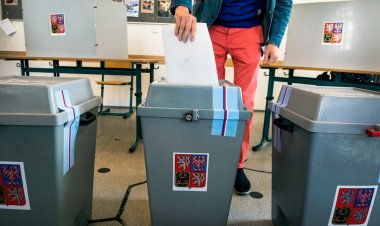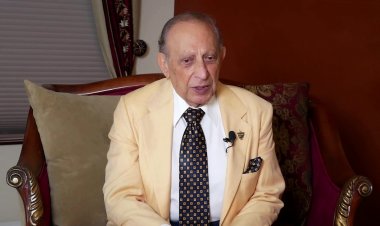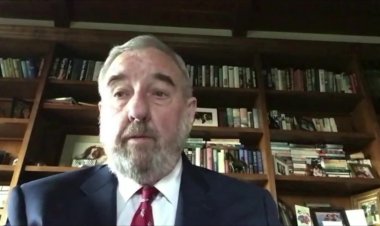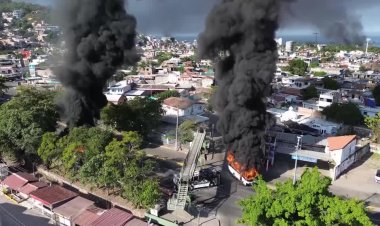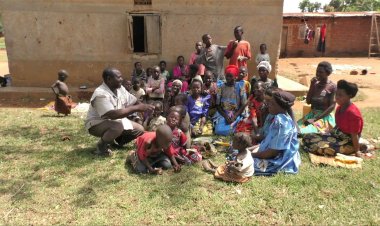Ukraine invasion sparks fears of hunger in eastern DR Congo
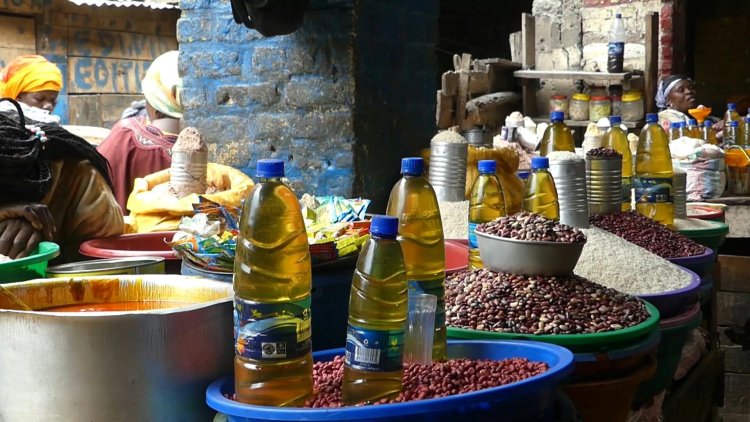
Rising prices for food, sent soaring by Russia's invasion of Ukraine, are stoking fears of hunger and turmoil in a troubled corner of the Democratic Republic of Congo.
In this vast, poor and fragile country in the heart of Africa, three-quarters of households live below the poverty threshold.
But precarity is especially keen in the DRC's northeast, where the economy is hobbled by geographical remoteness and decades of violence.
"The authorities need to see what they can do, otherwise we are going to die of hunger," said Pascaline Buhume, a food hawker in Bukavu, a city on the southern flank of Lake Kivu which separates the DRC from Rwanda.
The local price of corn meal, rice, sugar, oil and tomatoes have all shot up, posing a mighty challenge for those who have to survive on a couple of dollars a day.
A 50-kilo (110-pound) sack of sugar which previously cost the equivalent of $43 now goes for $60, said Buhume.
A 20-kilo canister of cooking oil now costs $45 instead of $30, and a 25-kilo sack of rice has risen from $18 to $20.
A worried mother-of-five pointed out that a loaf of bread that previously went for 1,000 Congolese francs (50 cents) now cost 1,200 francs.
Janvier Mizo Kabare, president of a Kinshasa-based consumer rights group called LICOSKI, said Bukavu was an inflationary hotspot, suffering not just from a "dizzying spiral" in food costs but also a worrying rise in the price of fuel.
The average cost for a tanker bringing in petrol from across the border has risen from $726 to $900, said Urbain Kange, secretary of Bukavu's fuel industry association.
"We are doing what we can, but our suppliers in Tanzania, Rwanda and in Kenya tell us there is a shortage at their end," he explained.
Several petrol stations in Bukavu are already out of fuel, and the scarcity itself forces up prices.
"Getting fuel is becoming a real hassle," said Jeremie Cito, a motorbike taxi driver. As a result, he now had to charge 1,000 francs for a short run compared to 500 before, he added.




